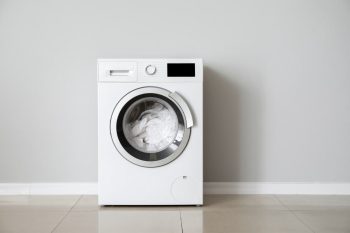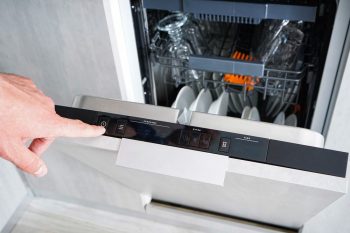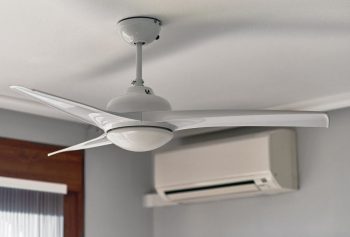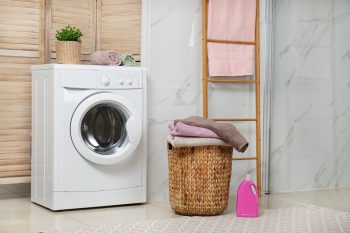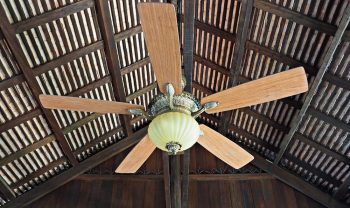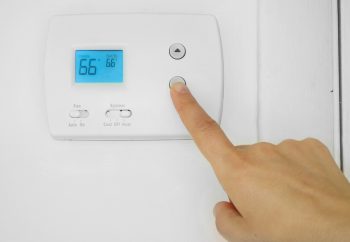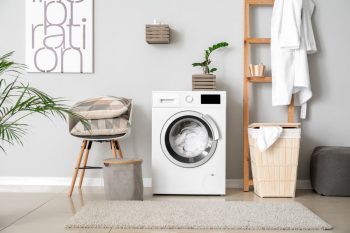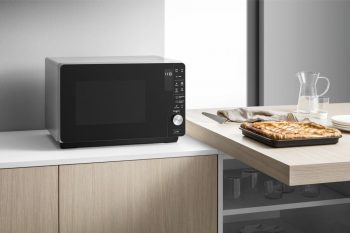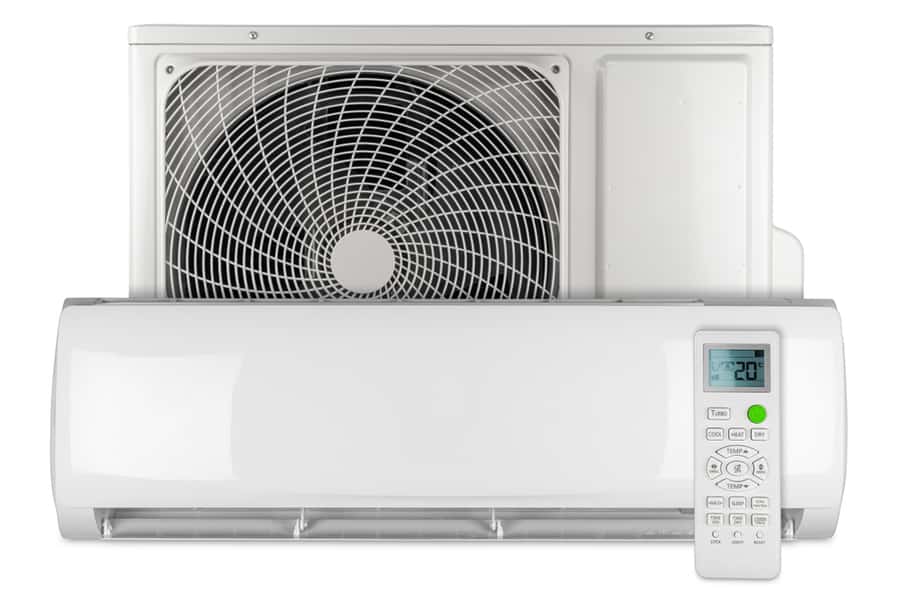
They always say it’s important to get your air conditioner serviced whenever it starts to show the signs. But no one talks about what those signs are. So how can you tell that your air conditioner is ripe for repair?
Here are the markers you should keep an eye out for.
- Air conditioners often show signs of malfunction and damage before they surrender completely.
- Ineffective cooling, strange noises, foul odors, leaks, and overall poor performance all point to the need for repairs.
- Having your air conditioner serviced as soon as the signs show will help prevent more severe damage.
Like any other appliance, an air conditioner will demonstrate certain signs and symptoms that tell you it’s time to call a professional.
Having your air conditioner repaired as soon as these markers start to show will prevent major damages and expensive repairs.
Signs That Your AC Needs Repair
1. Ineffective Cooling Performance

The most common reason people call in an HVAC specialist to check their air conditioner is ineffective cooling performance. But, unfortunately, no matter how low they put the thermostat settings, the AC will fail to cool the space.
You might notice warm air blowing if you place your hand in front of the vent.
Several problems could cause this issue, from excessive dirt build-up to ice forming on the coils to low refrigerant levels. If you tried cleaning the air conditioner to no avail, you must call a specialist to give it a look.
2. Sudden Increase in Your Electric Bill
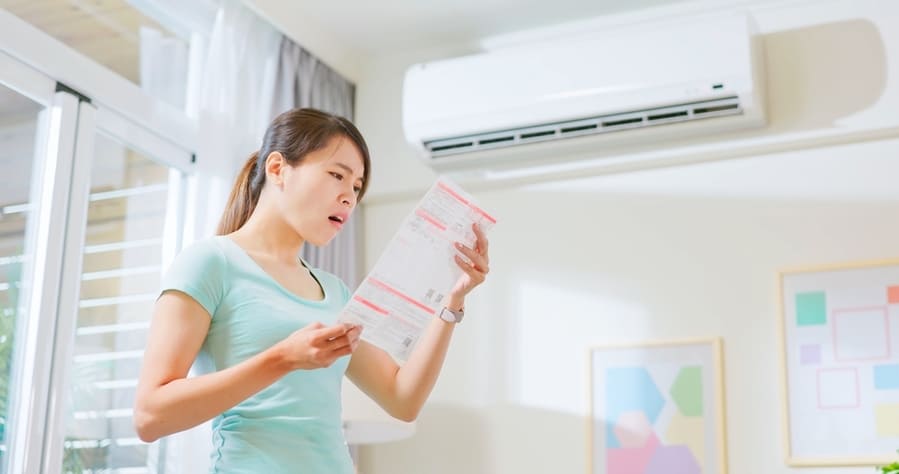
Unless you added a bunch of new appliances and electronics to your roster, your air conditioner might be the culprit for the sudden spike in your electricity consumption.
When an air conditioner malfunctions, it will attempt to compensate by working harder.
So if there’s anything inside the system that’s not working as it should, the whole unit will do what it can to meet the number on the thermostat. This can be particularly costly if you’re running a non-inverter air conditioner.
These models cycle between full speed and idle. When the AC reaches the right temperature, it brings the motor into an idle mode to save energy.
But, if your AC malfunctions, it might not reach the indicated temperature.
As a result, the motor will remain at full speed as it attempts to match your thermostat. This ultimately increases your electricity bills.
3. Strange Noises

It’s normal for air conditioners to make a low humming noise now and again. In some cases, it might also roar to life, especially for non-inverter models. But aside from these familiar sounds, your air conditioner should remain relatively silent.
Any clanging, banging, buzzing, rattling, or unusual noise, for that matter, indicates a serious problem. Of all the signs, this one, in particular, might require more urgent attention.
Make sure to turn off your AC when it makes strange noises, and call a professional as soon as possible. These sounds may point to serious damage in your unit that could exacerbate if you continue to use it.
4. Foul Odors
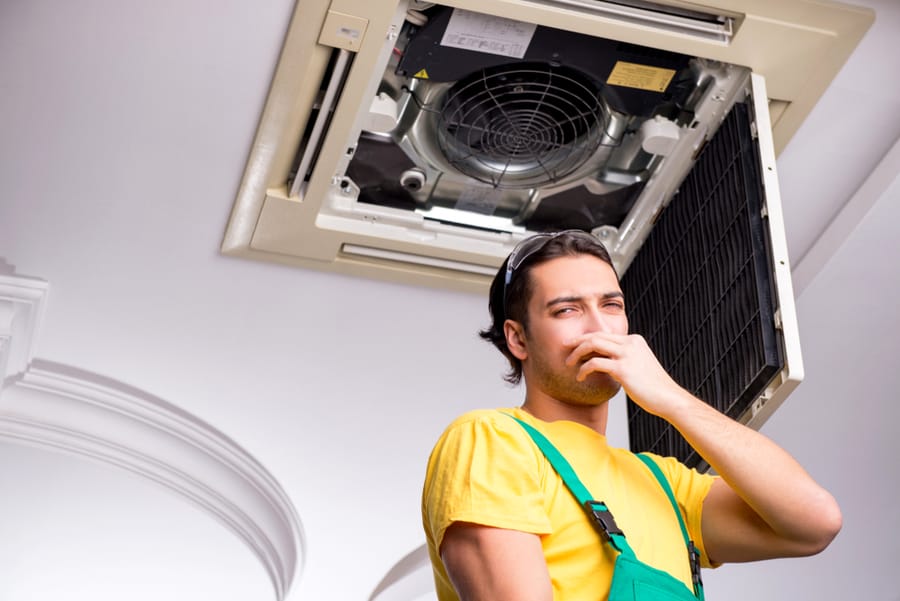
Yes, your air conditioner can expel foul odors, yet another sign that it requires repair. Most of the time, these smells are produced by microbial and bacterial growth.
That’s especially true in humid places. People have sometimes found dead critters in their air conditioners, causing foul odors to spew from the vents when turned on.
Foul odors may also point to mold and mildew growth in the air conditioning unit. Whatever the case, all of these contaminants pose a risk to your health.
Seeking the assistance of an HVAC specialist should neutralize the contamination and allow clean, safe air to fill your home through your air conditioner.
5. Excessive Water Leaking
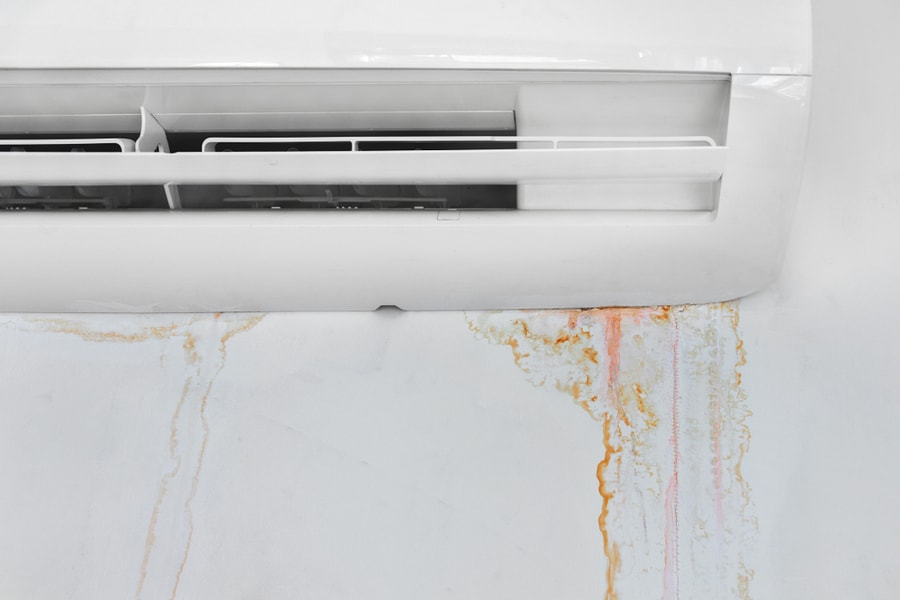
It’s normal for an air conditioner to leak water now and again. In most cases, you must clean its interiors and eliminat dirt or dust caught in the filter. But if cleaning doesn’t improve the situation, you’ll have to call a professional.
Leaking may result from problems with the condenser coils or the refrigerant. If water leaks persist for a long time, they may invite bacteria, microbes, mold, and mildew that could risk the health of the people in your home.
That’s aside from the hassle of constantly cleaning up after your leaky AC.
6. Unregulated Humidity Levels
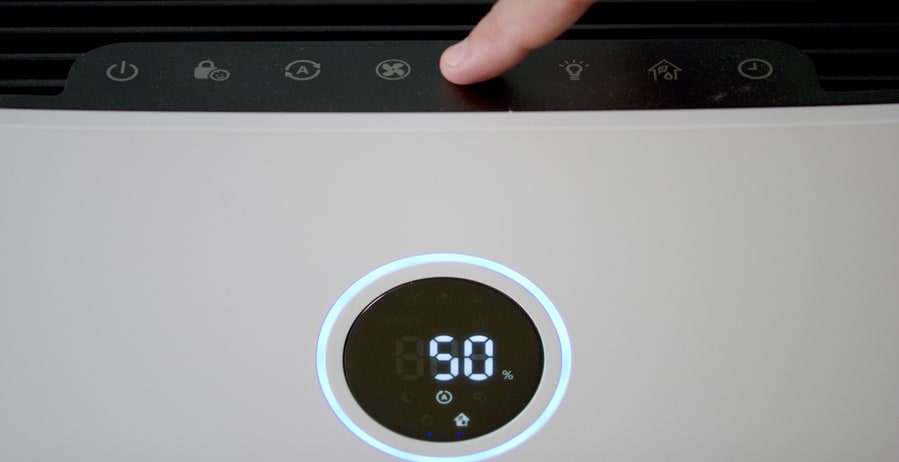
Interesting fact, your air conditioner is also technically a dehumidifier. ACs work remarkably well to remove excess moisture from your indoor space. So aside from cooling your home, they also regulate humidity levels.
If the air in your home is sticky and moist, and if you’re seeing signs of mold and mildew despite your air conditioner running most of the time, it might be struggling to pull moisture out of the air.
Allowing the malfunction to persist could result in more serious problems, so it pays to have the unit checked as soon as possible.
Conclusion
How is your air conditioner doing? If you’ve noticed any of these signs, it’s time to call in a professional.
Nipping the problem in the bud can save you thousands of dollars in repairs and potential replacements.
Frequently Asked Questions
Should You Replace Your Air Conditioner?
There is no such air conditioner that lasts forever. Although expensive, air conditioners must be replaced when they’ve outlived their lifespan.
You can determine how long to keep your AC around by checking the warranty, which usually spans 10-15 years. Keeping an air conditioner longer than that could result in increased electricity bills, inefficient cooling performance, and expensive repairs.
How Often Should an AC Be Serviced?
Repairs happen as needed, but maintenance service should be scheduled routinely. For example, experts recommend having your air conditioner serviced once a year to keep it working properly.

